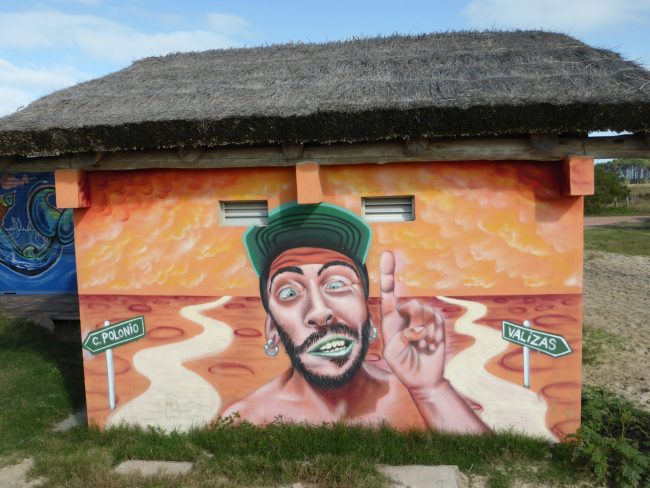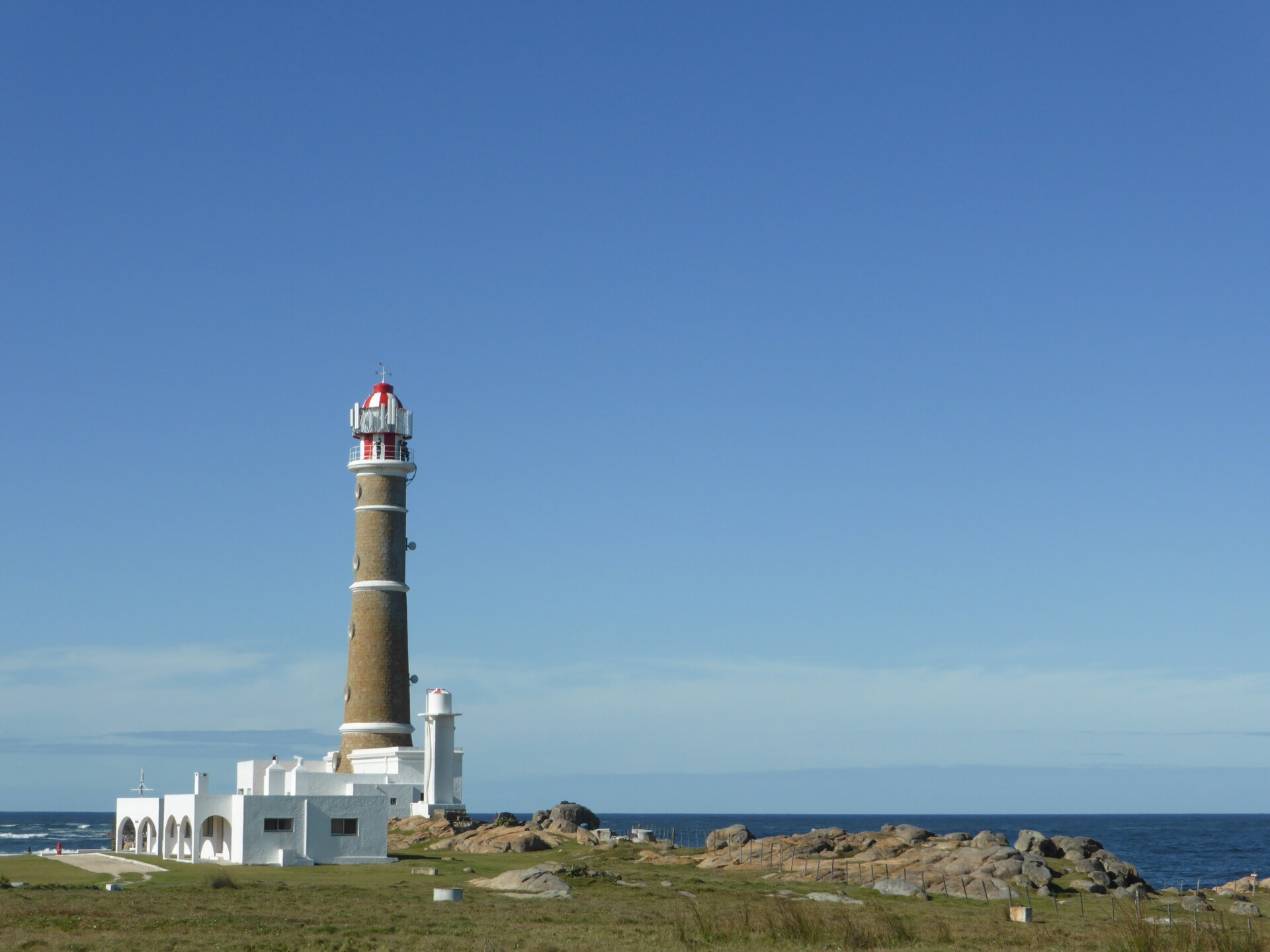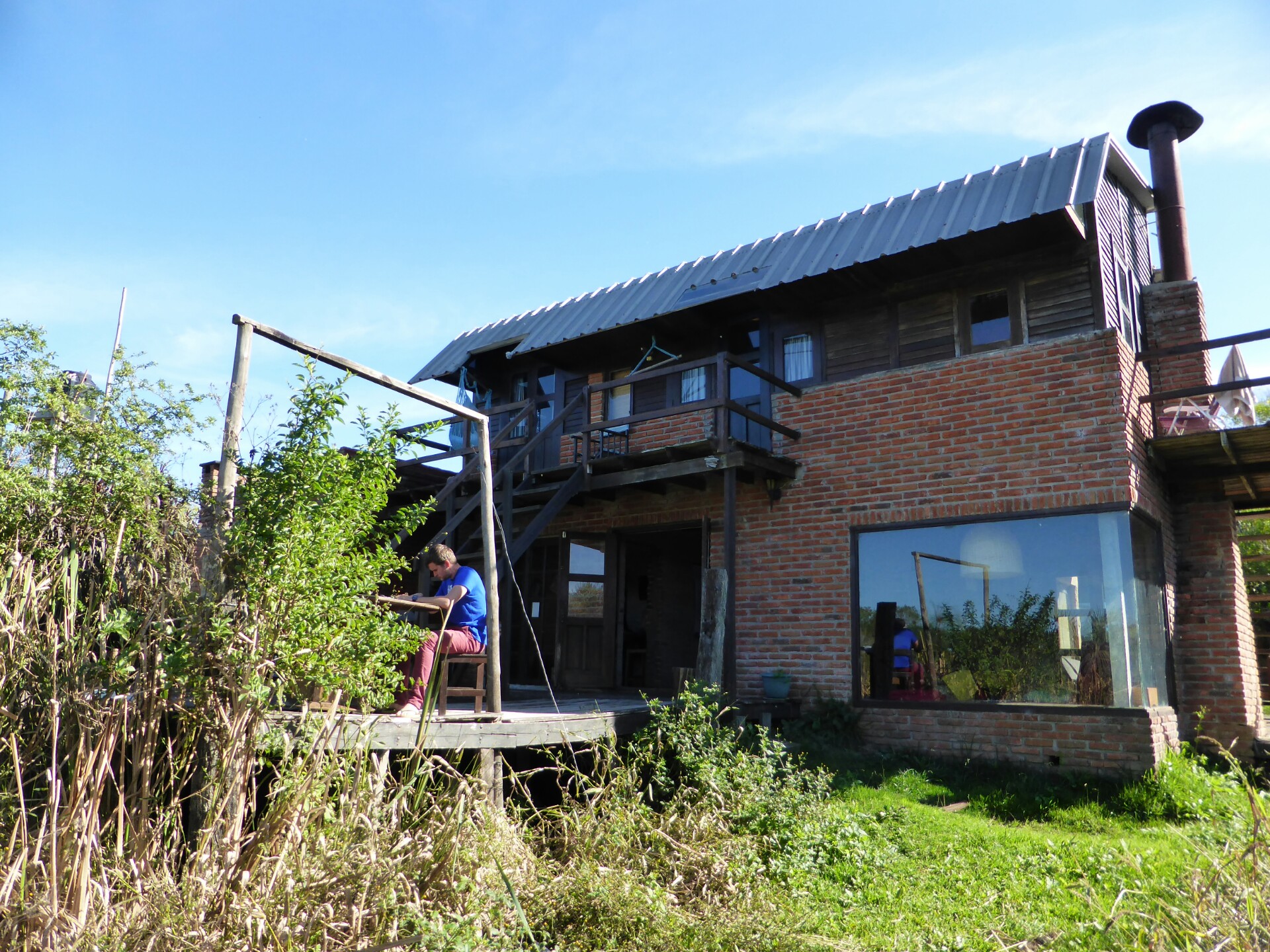So we just came back from South America and everyone is envying us because we had such a loooong vacation. But guess what... we don’t feel like we were on vacation. Long- time travelling is a lifestyle that changed our life completely and it’s not comparable to a vacation. Here is why we feel our journey is different than a vacation:
-
No time limit or anyway not a close one and no plan…
On vacation I always had a list of things to see, try, do. Every minute I was busy or I was thinking about what I’m gonna do next. Now we have a sea of time. We can talk to people without thinking we will be late for something, we can read about local culture and we can go with the flow. When we were in Argentina next to Iguazu Falls it was raining insanely for 4 days. Everyone had one or two days to see the waterfalls so they had to go but we could wait for the perfect weather. We also end up seeing more of the "not so touristic" places.

-
…But we do have money limits…
Let’s face it we are not really millionaires. So we have to be selective. We sleep in dorms with many other people, we volunteer, we keep track of our expenses, we think before we spend. And we cook mainly ourselves. On vacation we were normally more willing to go a bit crazy, go for nice dinner, stay in a nice hotel.
-
… and limit of stuff we take
Packing for vacation I always wanted to have options so I took a dress for this, a dress for that, shoes for this, shoes for that and make up and maybe even some hair products. Then I would sit on my suitcase to push something more in. On a RTW (Round The World travel) I have to drag all that stuff the whole time so I took only things I really needed. So one pair of shoes, one pair of slippers, two pairs of socks (ok that was a mistake) and obviously not too many cosmetics. Only the absolute basics. Our backpacks are around 11-13 kilo each depending on the amount of food and spices we drag around (yep we almost have a kitchen in there)

-
Travelling we can’t go home…
Simply cuz we don’t have one. We left everything. So we can’t really unpack for long. And there is no privacy. We always share something, if not a room then a bathroom or a kitchen
-
…so we miss things
Our friends get married, celebrate their birthday, get sick and we are not there. Ok there is skype but it’s not the same. Not even nearly.
-
It became our whole life…
Earlier we woke up to go to work now we work on being good in our passions – JD in programming, me in photography. It’s not like I think National Geographic will hire me but I love it so I want to learn and I never know what’s gonna come handy when I’m going to search for a job.
-
…even though sometimes it’s tough…
On vacation it’s all fascinating and we never had time to get tired with the “new”. But after such a long time we long for a washing machine, hot showers, toilet where you can flush toilet paper. And generally stuff that work. And the food!! Omg European food!!

-
…we meet the most inspiring people ever
Maybe it’s our mind set or where we sleep but we meet amazing people that we would have never met on vacation. People that make us realize that everything is possible if you really want it. They open our minds and hearts and make everything worthwhile. Both travelers and locals make us see how different life can be and how we are the ones deciding about it.



